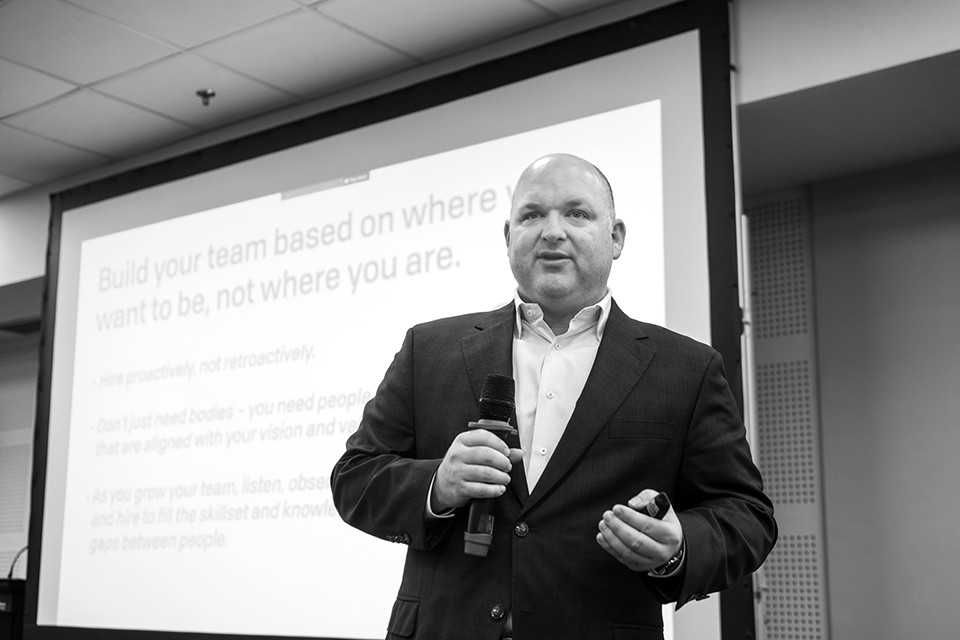-
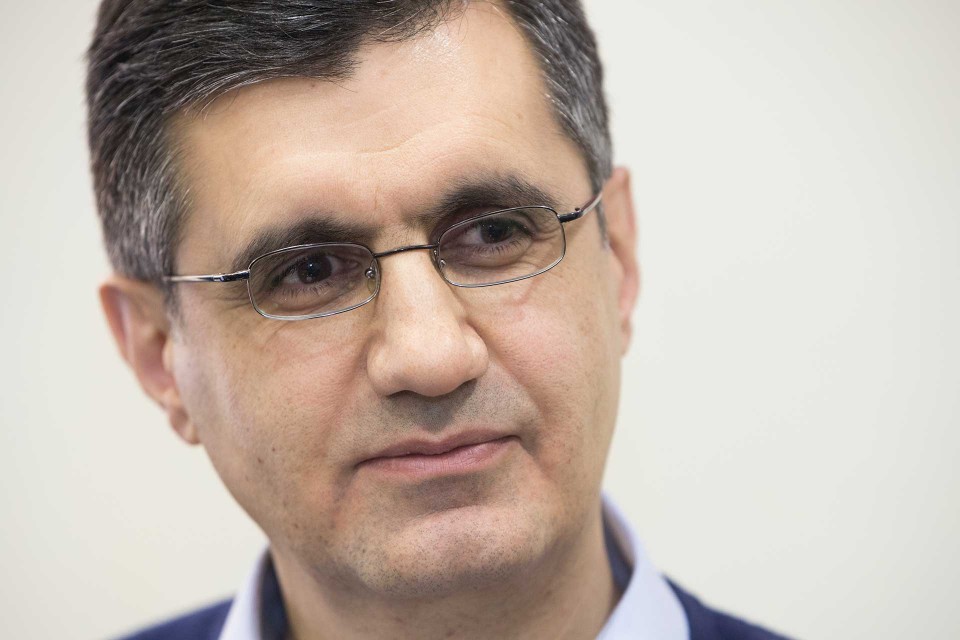
Ralph Yirikian
-
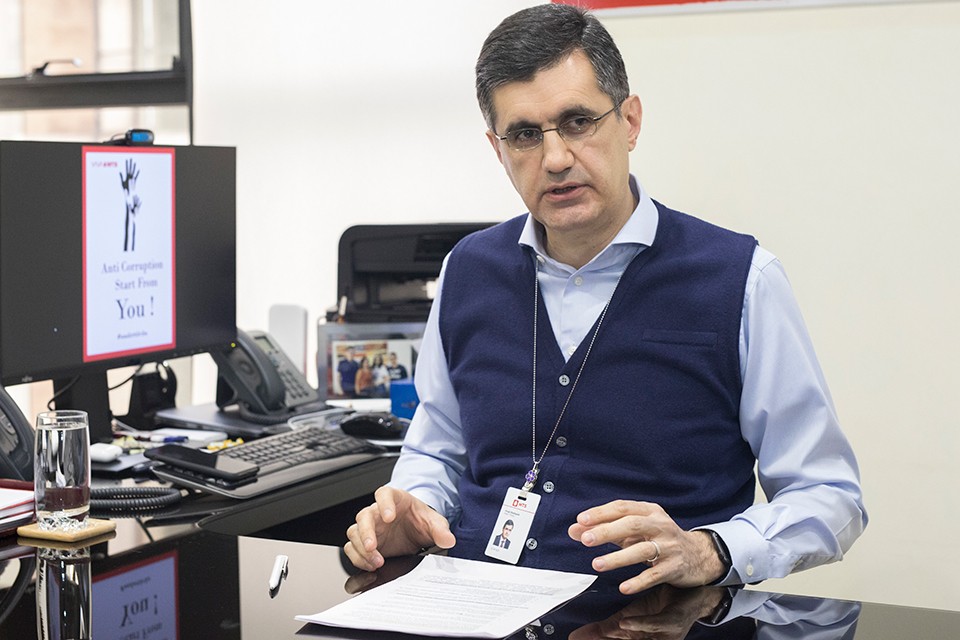
Ralph Yirikian
-
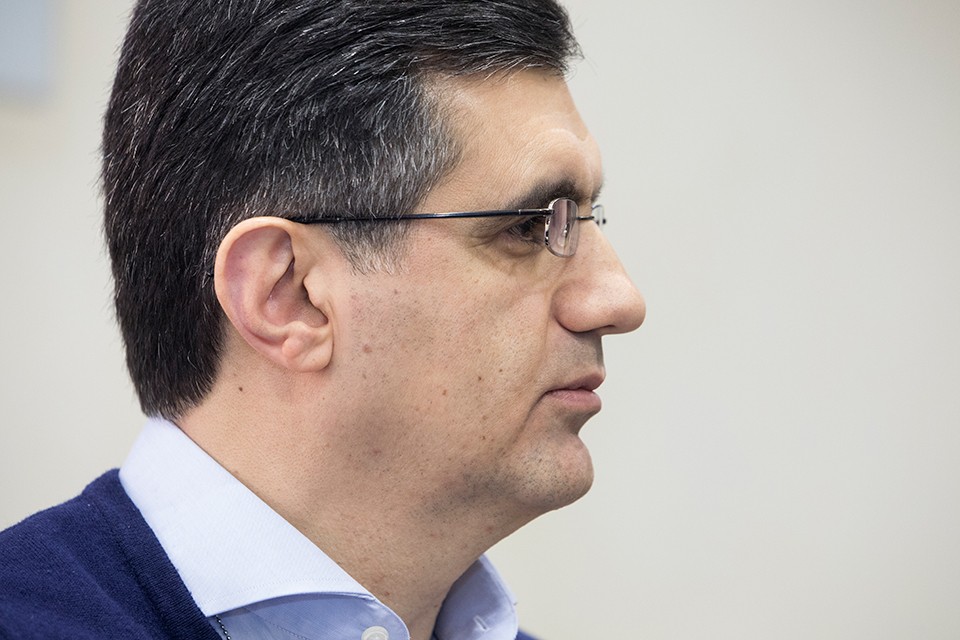
Ralph Yirikian
-
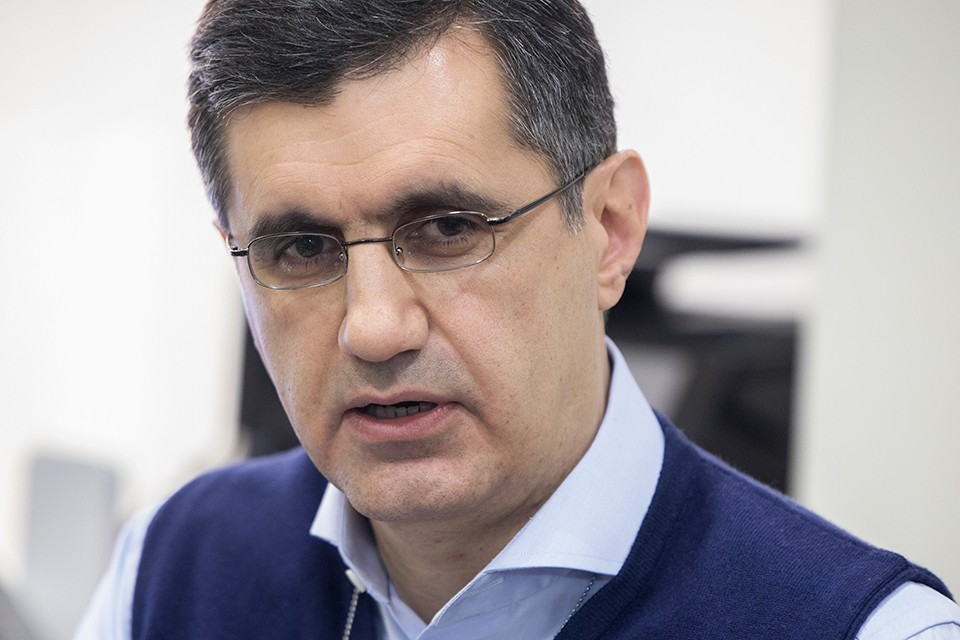
Ralph Yirikian
-
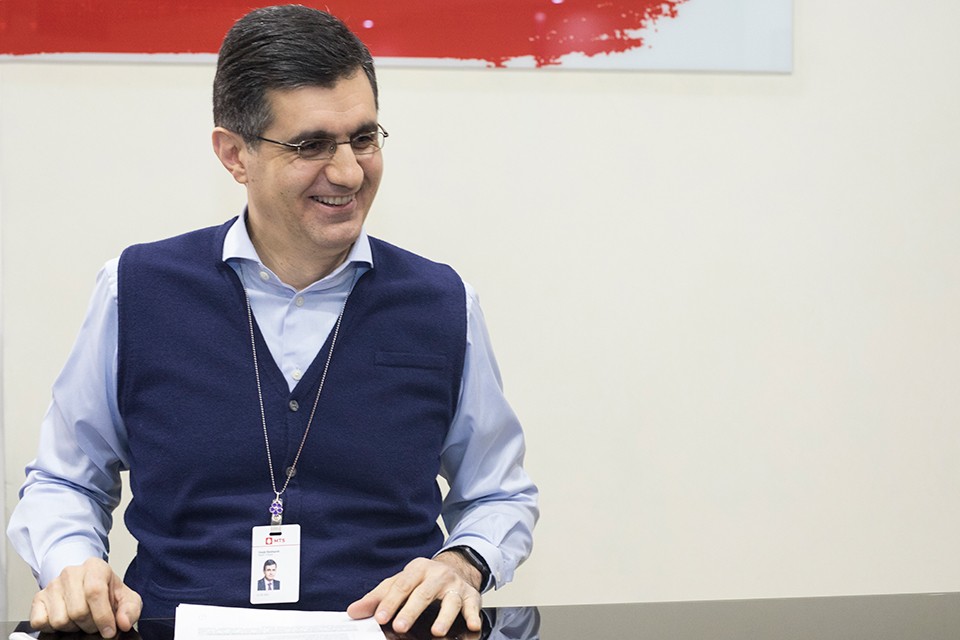
Ralph Yirikian
11:19 | 03.02.20 | Interviews | exclusive 346618
Ralph Yirikian: The balance on the fixed market may disrupt
On January 16, Ucom confirmed that it is discussing with VEON on acquiring its Armenian business (Beeline Armenia). Itel.am talked about the potential deal with Ralph Yirikian, General Manager of Viva-MTS, Armenia’s leading mobile operator.
- How can the potential deal affect Armenia’s telecommunication market?
- Consolidation deals take place on various telecommunication markets. Some turn out to be successful, facilitating the development of the sphere, whereas others fail, causing setback instead of progress.
The business models of Ucom and Beeline Armenia differ from that of Viva-MTS, because these two companies operate in the segments of the market that we don’t.
In particular, besides mobile communication they also have fixed networks and are major internet importers and transit providers. If the deal takes place, 90% of the fixed network market will be owned by a new company. In case of internet services provided through fixed networks the market share will make 80%, and in case of IP TV- about 70%. These are quite serious figures. Relevant state and regulatory bodies should evaluate the situation and make decisions about whether this will boost market competition or vice versa.
As I’ve said, Viva-MTS doesn’t have a fixed network per se. We provide such services to a limited number of legal entities, and mostly consider it as testing. We don’t provide such services to individuals. Therefore, if the deal does take place, the new company will provide convergent services, something we cannot do. They will, in fact, dictate the market of convergent services.
If we acquire a company providing fixed services, we will be able to ensure some competition in the convergent field, but the balance will still remain disrupted.
 Ralph Yirikian
Ralph Yirikian
Almost nothing is going to change for us in the mobile market. Today, we own about 60% of Armenia’s mobile subscribers. Same index goes for the revenues from the mobile market - 60%. If we take the sector of mobile internet services, here we own 65% of the market in terms of revenues. Viva-MTS is also an absolute leader in terms of mobile internet subscribers. Therefore, the potential deal won’t affect our leading positions in the sphere of mobile communication.
As for the import and transit of internet, both companies are major players and will be even bigger after the merger. I think the regulatory bodies should take this into consideration.
- You’ve mentioned the following figures: 90%, 80% and 70%. Does this mean we will have a company with a dominant position?
- Let me use the term “prevailing position”.
- How big of a surprise were the talks between Ucom and Beeline?
- I wouldn’t call it a surprise because, as I have said, consolidation deals often take place in communications and IT sphere, based on the vision or the business model of this or that company. The reasons and motives may differ, but it is normal.
If the deal takes place, we will have to figure out how it will affect the market and the competition. However, it is obvious that there will be a misbalance in the sphere of fixed services.
- And maybe the peculiarity of the Armenian market is that it “has place” for two major players only: Orange Armenia has actually failed in Armenia.
- I don’t think so. After we entered the market it began to rapidly develop. When the third operator entered the market, the competition kept growing. The competition should certainly be healthy, and regulatory bodies should pay attention that the balance is preserved and artificial obstacles are eliminated.
 Ralph Yirikian
Ralph Yirikian
Armenian Prime Minister Nikol Pashinyan has met with businessmen one time and asked me what I was thinking about granting the fourth license. I said that as a General Manager of a company I wouldn’t be happy, because the new player on the market would affect the market profitability, further fueling the already hot competition (laughing-Itel.am). Meanwhile, as a citizen I would definitely support the idea, with the stipulation that the new player be an established and internationally recognized brand that will bring in a new culture. We’ve brought a unique working culture with us to the market. Orange has brought its own culture and it was definitely useful for the market.
- You’ve mentioned about acquiring a company providing fixed services. There is only one such company in Armenia today - Rostelecom Armenia. If I am not mistaken, you have had discussions about acquiring that company before.
- Yes we had. Acquiring Rostelecom Armenia will help us become a convergent operator. However, its share on the market of fixed services is quite small and will not allow full competition if there is a prevailing player.
- You also mentioned honest competition. How is the market situation today?
- There is no single sector of economy that doesn’t experience problems. It will be wrong to say that we have a 100-percent competitive environment. There are certain issues I don’t think are appropriate to talk about today, but in the end solutions are always found and the competition is taking place.
- Regardless of the fact whether or not Ucom and Beeline Armenia will have a deal, telecommunication operators, including Viva-MTS, face various challenges. What steps do you take to meet these challenges and continue to develop?
- We are already in the stage of digital transformation. The recent change of our logo reflects our transition to the digital world. At the same time, we have 15 years’ worth of legacy and experience. During our activity we have made investments in the total amount of AMD 232 billion, which, given currency fluctuations, makes over $ 580 million. In 2020 we are going to invest over AMD 12 billion (about $25 million), bringing the total volume of investments to approximately AMD 245 billion. These figures bear witness to the fact that we are determined to develop the market and our business while always being innovative. I would like to remind that we were the first to introduce the 4G network back in 2010, and Armenia became the 10th country in the world to have such a network. Throughout 2019, the 4G/4G+ coverage became available to 78.3% of the population. This means that 655 settlements across Armenia already have 4G/4G+ coverage, to be more precise - 608 villages and 47 towns.
Today, we are seriously thinking about launching the 5G network. Viva-MTS has long been ready for it, since infrastructure used in 4G network can also operate in 5G, with only some software changes.
 Ralph Yirikian
Ralph Yirikian
We have always occupied top positions in the list of country’s major taxpayers. Over the last couple of years, we haven’t been in the top 5 or 10 only because we’ve had large tax overpayments. In 2019, we finished the process of “clearing” overpayments and were on the 14th place. But, in fact, we should have been on the 7th place in terms of actual entries, being the leader in the sphere of telecommunications.
I can predict that by the end of 2020, we will be on the 5th to 7th place, paying about AMD 16 billion in taxes. The amount of taxes paid by Viva-MTS throughout the whole period of its activity has amounted to about AMD 259 billion.
Being the absolute leader in all areas of mobile communication, as a result of digital transformation, we are transforming from a telecommunications operator into a company of information and telecommunications technologies, and we have already begun offering relevant solutions on the market. As a key transformation step, we are building our team of application developers, attracting the best engineers. There was a time when engineers and developers avoided working at telecom companies. They were not the driving force of development. They played a functional role, not a strategic one. Today, the situation has changed. IT and marketing collaboration gives birth to new products.
We are becoming an ICT company: a synergetic merger of IT and traditional telecommunications, a so-called “smart pipe”. This means that we are not limited to performing traditional telecommunications functions. System integration is the future. Ecosystems are the future. Viva-MTS is becoming an “umbrella” brand, under which trends are developing, one of which is telecommunications. For example, the MobiDram app, the so-called “fintech”, which performs a wide range of financial and accounting operations.
We are already developing and offering educational, entertainment, communication, financial and process management apps.
I would like to note that jointly with “Shant” TV we have developed the “MTS TV” app. The multi-genre TV content is now available to over 2 million of our subscribers. As they say, Content is the King. In the new digital era content becomes a key factor and Viva-MTS, at the expense of its broadest network, provides access to digital content through its trademarked applications.
 Ralph Yirikian
Ralph Yirikian
Already today we are making structural changes, working on the introduction of agile workplace methodology, as well as upgrading operating systems.
We greatly focus on startup support programs and are always open to cooperate with companies that have bold ideas.
Along with all this, we continue our social investments. Up till today, Viva-MTS spent AMD 29 billion on social investments. Along with traditional directions, we are trying to provide innovative solutions to solve infrastructure problems in villages, such as provision of heating through solar panels or solar heaters, night lighting with LED lights that save the community budget.
What is very important is that for the last 15 years we have never had a credit burden, nor any pledged property. In August 2019 we became the 100% subsidiary of MTS, which allows us to discuss and approve development plans faster. I am confident that in the sphere of mobile communication we will always be the “train” that pushes our country's economy forward.
Ara Tadevosyan talked to Ralph Yirikian

17:29 | 24.09.25 | Articles
Jacopo Losso on Cross-Border Investments and Why Armenia Attracts Angels


